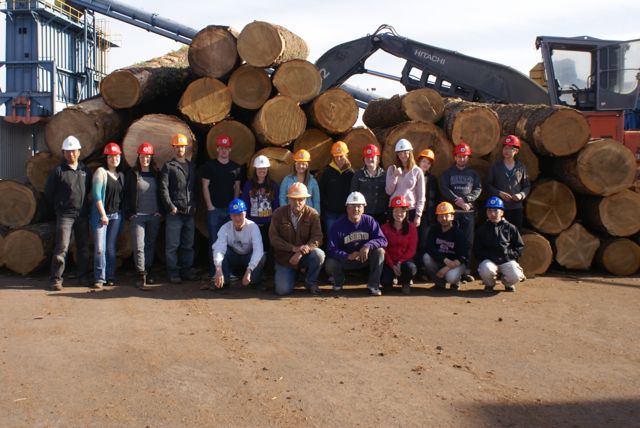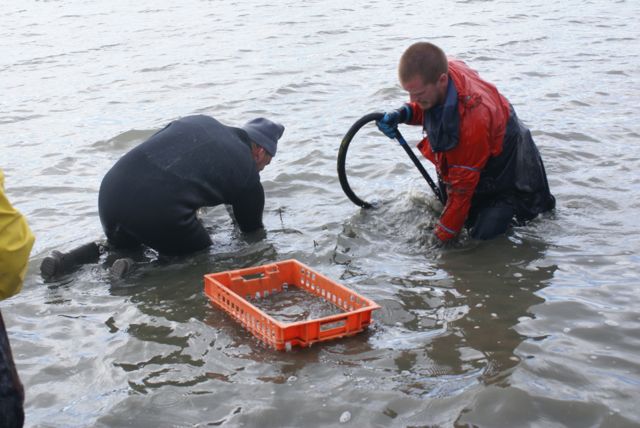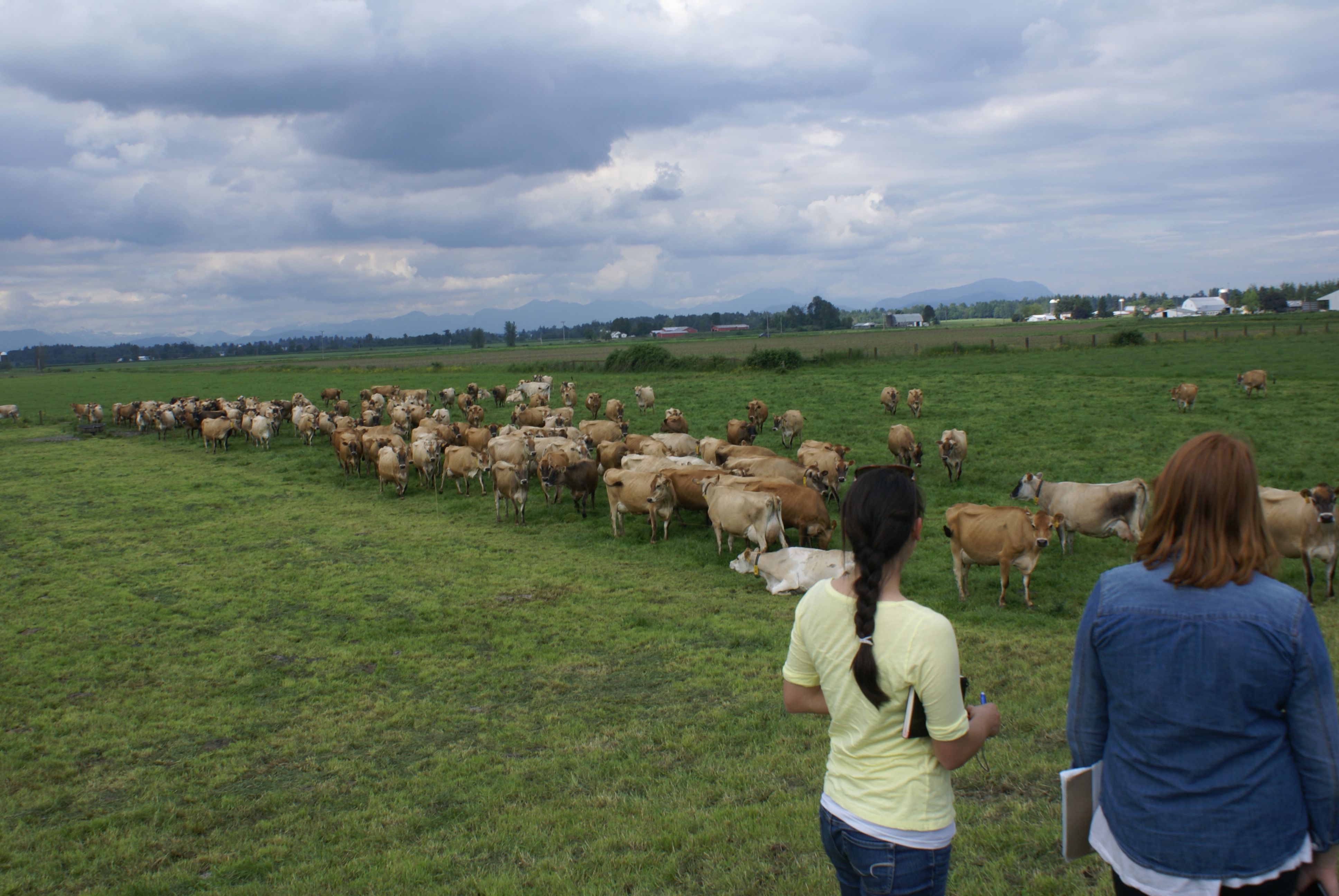 |
 |
 |
 |
 |
 |
|
Home Page Requirements Course Schedule Discussion Board Email the Class READINGS Introduction Forest General Forest Local Forest Post-Trip Aquaculture Ecology Aquaculture Politics Aquaculture Local Dairy General Dairy Local Dairy Post-Trip FIELD TRIPS Forest Products Aquaculture Dairy ESSAY ASSIGNMENTS Forest Products Shellfish Dairy |
Readings for Week 5, Fishing and Aquaculture in the Global Food System and EcosystemTuesday, April 25Aquaculture, or raising animal and plant resources in fresh or salt water, has become a controversial topic because of its relation to food, ecology, and economy. We begin by reading two diametrically opposed assessments of the proper role of aquaculture, a very positive one from Mother Jones, and a quite negative one from a study in Science of Chinese aquaculture's impact on the food web.Then we go on to the brute statistics in the massive report, the Food and Agriculture Organization's 2016 SOFIA (State of Fisheries and Aquaculture) report. You should read Part 1, the World Review (it's a lot of pages, but full of charts and graphs), and then by midnight on Monday, April 24, please post 200-300 words on the topic of whether you think increasing fish consumption, from capture fisheries or aquaculture, or both, is a viable part of a world food strategy for the coming decades. In addition we will have one volunteer each (since these are short) make brief presentations that mention questions raised by four specific sections of the report dealing with particular issues; in each case be sure to stress the controversies and the main positions held by the disputants, and to raise questions for discussion:
Thursday, April 27Today we will concentrate on the ecological issues of trophic relationships and carrying capacity. You should choose one of these two issues to read and post about and two students will report to the class on each issue.The first issue concerns trophic levels, fishing, and feeding farmed finfish. You should read two assessments of this very complex problem, written nine years apart, by Rosamond Naylor and her colleagues. The first, published in 2000, was very pessimistic about the possibility that finfish aquaculture could be accomplished by any means other than depleting fish in the ocean. The second, written in 2009, is much more optimistic about the possibilities of escaping from this bind. For the second issue, of carrying capacity, you should read Christopher McKindsey et al.'s article on Carrying capacity models and shellfish culture. Also please read the chapter by Dr. Joth Davis on an industry perspective in the book Shellfish Aquaculture and the Environment. Then we will look a local example of environmental concerns with shellfish raising, involving issues of carrying-capacity: There has been a long-lasting controversy over mussel aquaculture expansion in Totten Inlet. For this, please read the Executive Summary of the North Totten Inlet Mussel Culture Environmental Impact Statement. After reading about one of these two controversies, post at least two questions about it before midnight on Wednesday, April 26. |